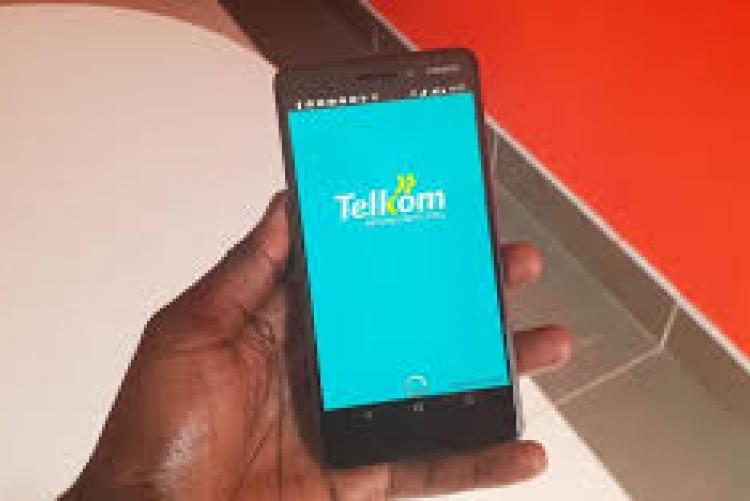Telkom to provide tailored mobile data solution to more than 40,000 members of faculty, staff and students, across the University’s 13 campuses in the country;
The University of Nairobi is ramping up its e-learning programme, in light of the COVID-19 pandemic.
Telkom Kenya has launched a customised and reliable mobile data solution for the students, members of faculty and staff of the University of Nairobi (UoN), to enable continuity of learning, in light of the COVID-19 pandemic.
The Soma na Telkom Bundles, are monthly post-paid data bundles that have been tailored to meet the needs of the University’s 40,000 plus population, to continue working and studying wherever they are. The UoN has 13 campuses with 35 Faculties, schools, institutes and centres.
The University’s Vice Chancellor, Professor Kiama GITAHI says:
“The UoN has identified e-learning as the preferred method of teaching at all levels. This has become even more urgent with the COVID-19 Pandemic. The e-learning mode of teaching brings along cost efficiency, whilst expanding options for spacio-temporal accessibility. Besides, e-learning provides a unique opportunity for continued learning even when the lecturer and students are physically apart.”
Telkom’s Chief Executive Officer, Mr. Mugo KIBATI says:
“Telkom continues to put the communities that it serves at the centre of the room, in everything that we do. We keep on assessing the viability of alternative avenues that can enable them to go about their daily lives, cognisant of the need for them to stay home as much as possible. We urge them to stay home and to stay safe as we do our bit by keeping them connected.”
Mr. KIBATI adds:
“As the preferred data network with the widest data coverage across the country, we remain focused on connectivity, collaboration and continuity. In light of the COVID-19 pandemic, this partnership with the UoN enhances our commitment to transform learning through the use of technology.”
The University’s staff and students will be onboarded onto the e-learning programme, once they receive Telkom SIM Cards from the telco’s robust chain of touch points across the country.
Telkom also recently announced, that its partnership with Loon, the Alphabet company working to bring balloon-powered Internet to Kenya, has received all regulatory and Cabinet approvals to begin flying balloons in Kenya. The balloons will be dispatched from Loon’s sites in the United States, and it is hoped that they will arrive in the country in the next few weeks. Already, four balloons have arrived in Kenyan airspace and are being used to expedite network integration testing.
The Loon service, will seek to use its 4G LTE Internet solution to connect unserved and under-served communities in Kenya. Initial coverage areas have already been identified, starting with Nairobi, Nyeri, Nakuru, Kitui, Nanyuki, Narok and into Kisii. Telkom and Loon will thereafter work to expedite service deployment, progressively, to other areas, to support the Kenya Government’s efforts to address and manage the spread of COVID-19 in the country. The Loon service has been previously used in disaster emergency response, in collaboration with the Governments of Peru and Puerto Rico. The learnings from these two assignments would be crucial to helping address some of the connectivity challenges that may be presented by COVID-19.
Loon’s solution works by beaming Internet connectivity from ground stations to a balloon 20 kilometres overhead. From there, a signal can be sent across multiple balloons, creating a network of floating cell towers that deliver connectivity directly to a user’s LTE-enabled device below. In 2018, Loon announced advances in its ability to share connectivity among multiple balloons. Combined with the large coverage area of each balloon – roughly 30 times greater than a ground-based system – Loon makes it possible to provide service to traditionally hard-to-reach areas.
- Log in to post comments

